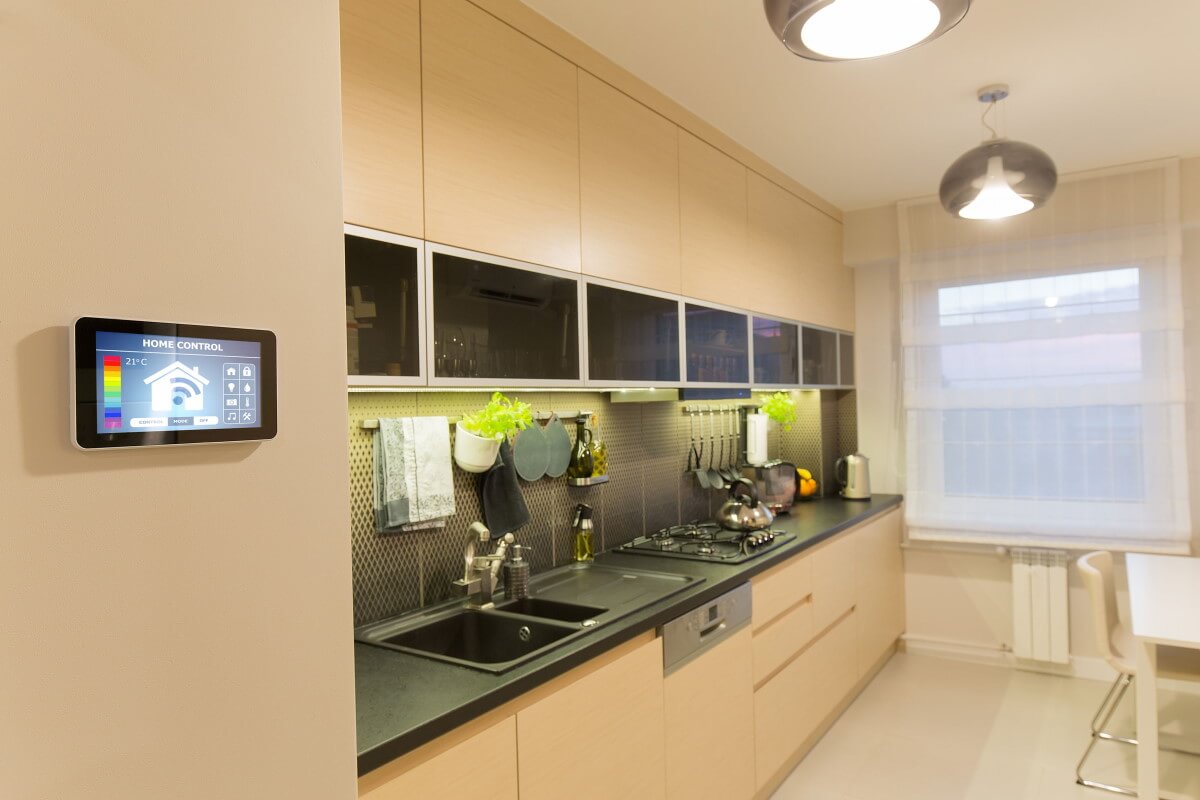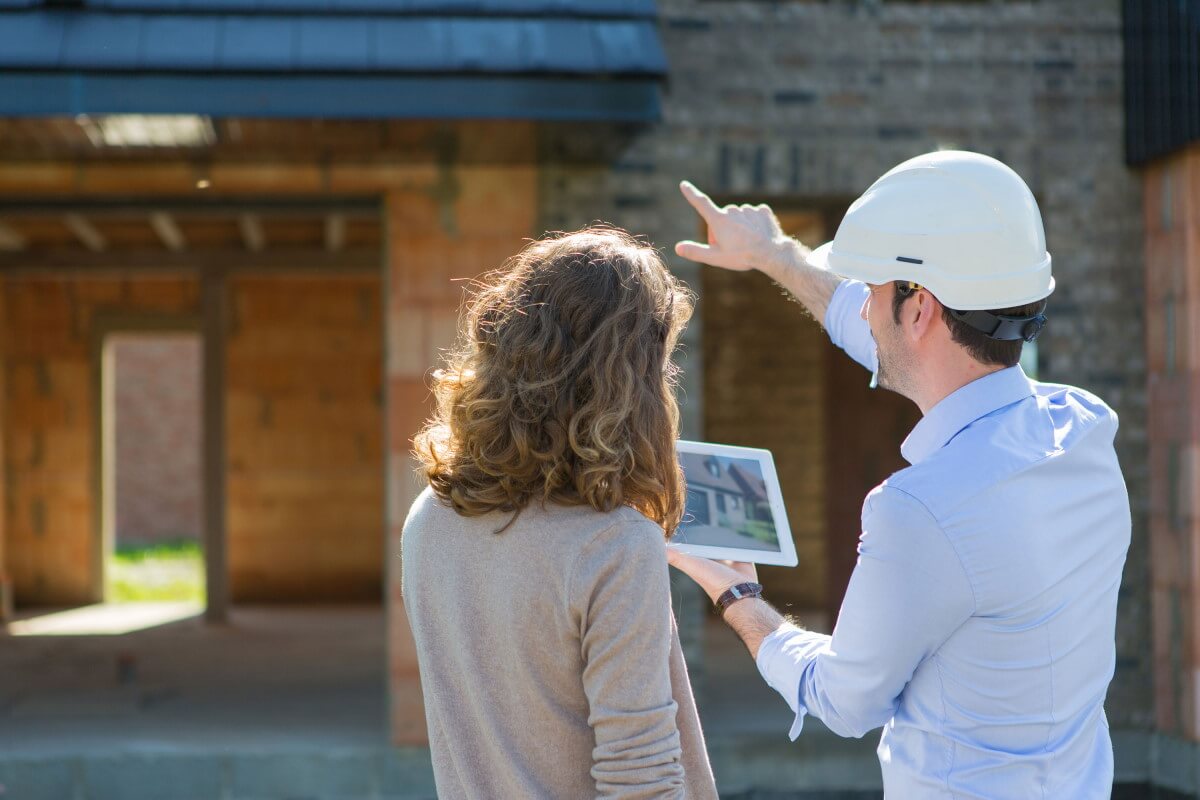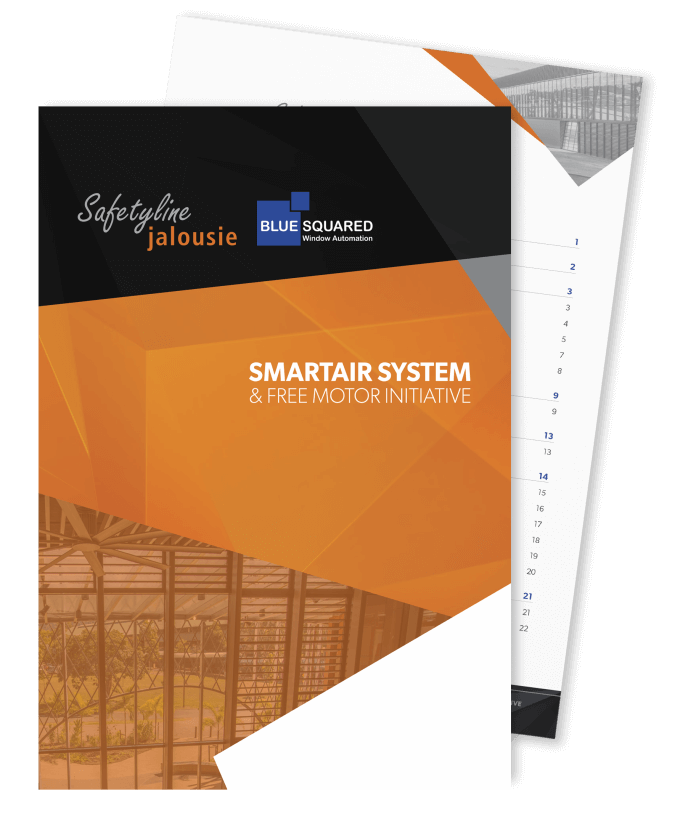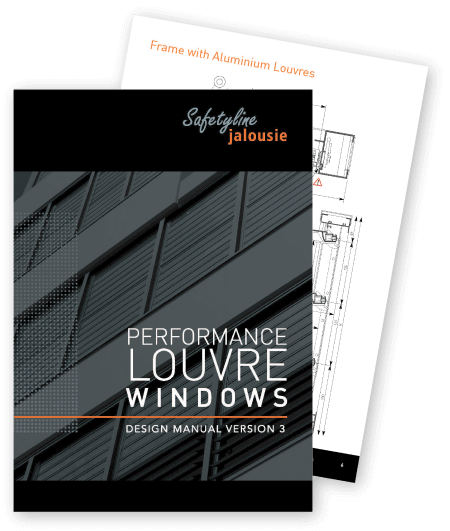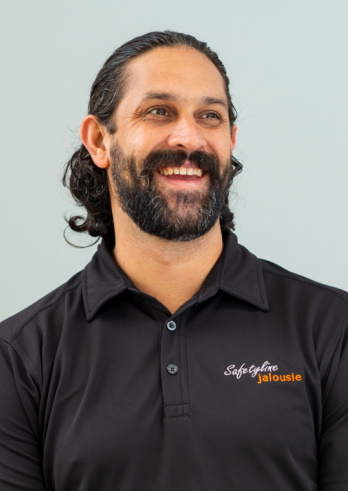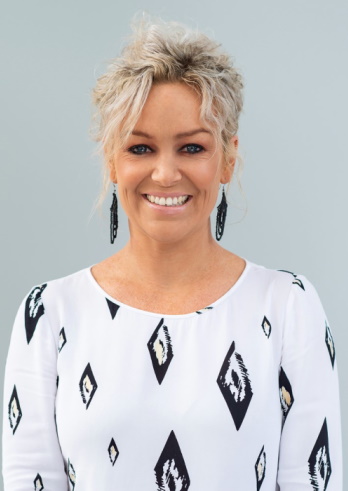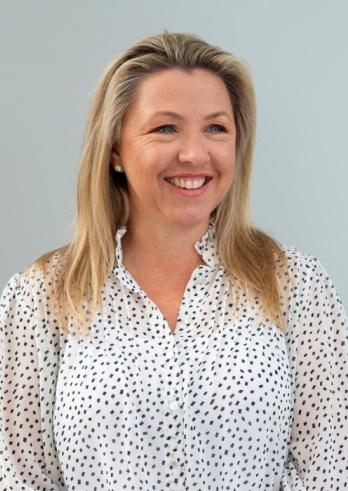For sustainable development, Australia’s local and national governments are introducing a host of energy efficiency initiatives. Victoria’s Energy Efficiency Scorecard is a recent one that you should know about.
The world has finally become fully aware of the fact that Earth’s resources have limits. This is why we’ve seen quite a number of energy efficiency initiatives. Australia is right in the thick of these initiatives, as many states have introduced their own.
Victoria’s state government found a great way to include as many people as possible in one of its initiatives. The energy efficiency scorecard has already passed both state Parliament houses. This means that better energy standards are on their way.
This is an interesting initiative that you should know about. To give you all the information you need, let’s take a closer look at the scorecard.
What Is the Scorecard?
The Victorian Residential Efficiency Scorecard is a home efficiency rating tool. It’s completely voluntary, but it might be a good idea to join the initiative.
Essentially, it helps households dig a bit deeper into their energy performance. Once the occupants can assess the energy efficiency, they can make the necessary moves to improve it. A direct benefit of this is the money you’d save on energy bills if you managed to do it.
Everyone who wants to participate can do so by contacting a private assessor. Once they do, the assessor will collect all the necessary data and give a star rating of one to ten. The higher your score, the better your household is at using energy efficiently.
Right now, the average score of a Victorian household is three stars. This means that there are many ways of using energy more efficiently.
This is a great idea for every household, as your score might catch you by surprise. The assessor will be very thorough in gathering data on:
- Hot water system
- Lighting, heating, and cooling
- Construction materials
- Renewable energy resources
Based on the rating, the assessor will give you advice on how to improve it. Many of these steps are in fact cheap and simple. The assessors are all government-approved for your peace of mind.
As a result, you can expect to spend less money on electricity and contribute to energy preservation. Overall, this is a great idea that can help both your household and the environment.
The Case for the Scorecard
The residential sector has suffered from a lack of energy efficiency tools for a long time. Moreover, there were no ways of actually determining the efficiency. The main reason for this was the many barriers that formed.
To address these barriers, the Victorian government decided to create the scorecard. This is the first accepted method for determining the energy usage of a household.
It introduced a standard that homeowners are able to follow. The scorecard should be able to help homeowners reduce energy costs and comply with certain standards.
This isn’t the first tool that addresses this issue. Many of them have seen the light of day but are unable to address energy costs and comfort directly.
The Nationwide House Energy Rating System (NatHERS) is a good example. This is a design tool that inspects the building shell of houses. However, it does nothing in terms of determining energy costs.
In contrast, the National Australian Built Environment Rating System (NABERS) is a good rating tool for commercial buildings such as hotels, hospitals, and other building types. Unfortunately, it’s not applicable to residential property.
For this reason, the Government of Victoria decided to create a tool that would specifically address these issues. There are many references that supported the development of this methodology.
The Cooperative Research Centre for Low Carbon Living surveyed stakeholders’ opinions on this. They summarised the surveys and came to the conclusion that there was a high demand for information about energy performance.
The American Council for an Energy Efficient Economy gave an opinion as well. In the paper Residential Energy Use Disclosure: A Guide for Policymakers, the council concludes that it’s necessary to have a tool that can assess energy efficiency at home.
Finally, the Victorian government has developed such a tool. As mentioned, its aim is to address the main energy efficiency barriers. Let’s take a look at some of them.
The Barriers to Residential Energy Efficiency
As mentioned, a number of barriers prevent the government from measuring energy efficiency. The first one is the lack of clear information on energy performance. Without it, the residents can’t understand how their actions affect energy efficiency.
This also makes it hard to find ways of saving energy. This is because there is no insight on the way fixed elements use energy.
Another barrier is the quality of information that buyers and renters receive. There is no way for them to take energy efficiency into account while deciding whether to buy a property. As a result, vendors and landlords have no incentive to invest in upgrades.
An information asymmetry between buyers and sellers of energy efficient products is also an issue. Buyers have a hard time understanding how the upgrades would help. At the same time, sellers can’t come up with a convincing enough argument for buying them.
Lastly, split incentives present a big issue. Tenants who pay energy bills tend not to invest in energy efficient upgrades to a property owned by somebody else. At the same time, they can’t convince the landlords to do it either.
The combined effect of all this is very negative. It prevents homeowners from ensuring high energy efficiency in their properties.
Thankfully, the scorecard should overcome these barriers and yield many great results.
The Benefits of the Scorecard
There are many upsides to assessing energy performance and costs. First of all, it helps homeowners get a clear overview of the way their home uses energy. With this information, they can prioritise different upgrades. This will ensure that the entire home is more energy efficient and reduce energy costs.
Property vendors can also benefit from this system. By showcasing their rating, they can let the buyers know that their homes are energy efficient. This will send a positive message, which is likely to attract more buyers.
Home buyers will also be able to make smarter decisions. Energy efficiency is likely to become an important factor, since they’d have to pay for energy use. Thanks to the scorecard, they’ll be able to compare the ratings of different properties and choose accordingly.
It also helps sellers of energy efficiency solutions to market their products. With a concrete rating system, they can prove that their products and services can benefit the buyers. This will also help buyers understand these solutions better. The effect of this would be a much stronger market for energy efficiency upgrades.
This also gives the manufacturers of such solutions an opportunity to make their products stand out. A clear rating can help them add value to their products. This will allow them to better target specific niches.
As for the bigger picture, the scorecard can help the Victorian government a lot. It generates robust data on the state of the housing stock. This will help the government develop more energy efficiency strategies. Thanks to this method, the strategies are likely to be clearer than previous efforts.
There’s also a better way for the government to measure the progress. This can only help create a better set of moves that will help it reach its goals.
The entire property market is facing a transformation. Energy efficiency is likely to become a major factor in many processes. Pretty much every player in this market will have to focus on it. Energy performance is something that all of them will have to take into account while doing their jobs.
As you can see, there are a lot of benefits to the scorecard. Not everyone will notice these changes immediately. Still, it’s only a matter of time until most people start caring about energy efficiency.
What Does Your Certificate Show You?
Even though it’s not mandatory, completing the scorecard can prove very useful. You’ll be taking the first step towards better energy efficiency.
Here’s what every participating homeowner will receive:
- An overall rating representing the average energy cost of the household
- An insight into how well the key elements of the house are performing
- Information about the way the household performs in hot conditions
- A variety of ideas for improving the overall score
This can answer a lot of questions that you didn’t even know you wanted answers for. For example, it can compare the performance of your appliances with the highest rated ones available. This can help you figure out whether you should go for an upgrade.
The hot weather rating can also be a useful piece of information. It shows whether your home will be comfortable in hot weather if you don’t have any cooling devices. This can be especially helpful to people looking to buy a home for the first time.
If you need any help with improving your rating, the assessor can offer many ideas. Keep in mind that the scorecard expires as soon as you make any upgrades. Still, it can be a helpful guide to a more energy efficient home.
Who Might it Benefit?
There are many categories of people that will find the scorecard very beneficial. Property vendors are probably the ones slated to enjoy these benefits the most.
The scorecard will allow them to find the right direction for their investments. With the information contained in the certificate, it’ll be much easier for them to find ways to make a property more attractive to buyers.
They’ll also be able to identify the opportunities for minor upgrades. As mentioned, certain simple changes can make a bigger difference than one might think.
There are many other players in the property market who will benefit from the scorecard. Architects and builders will have clearer guidelines on how to get the most out of homes. Energy efficiency will likely become an important criteria. With the scorecard, they’ll be able to create much more efficient homes.
Households in social housing might find the scorecard very useful as well. Community housing landlords would be able to target them more easily and find new ways of improving the comfort of their home. This doesn’t just apply to individual properties but entire portfolios as well.
The Final Word
If you haven’t really cared about energy efficiency, it might be a good idea to start now. Also, if you’re thinking about getting an assessment, you can do so knowing that you might benefit from it.
Here at Safetyline Jalousie, we care deeply about energy efficiency. For this reason, we offer a wide range of louvre windows that can make your home more energy efficient.
If you’d like to know more, feel free to visit our website.


